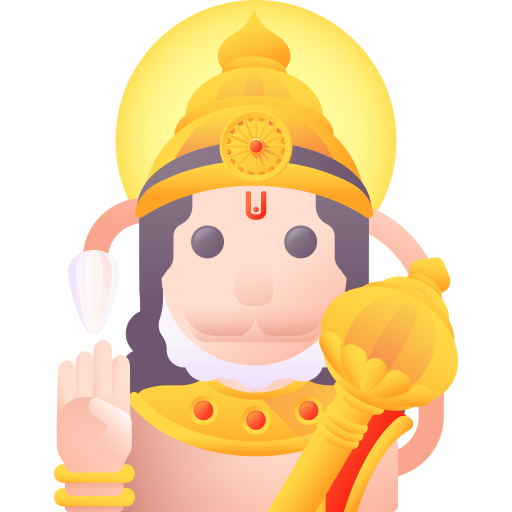
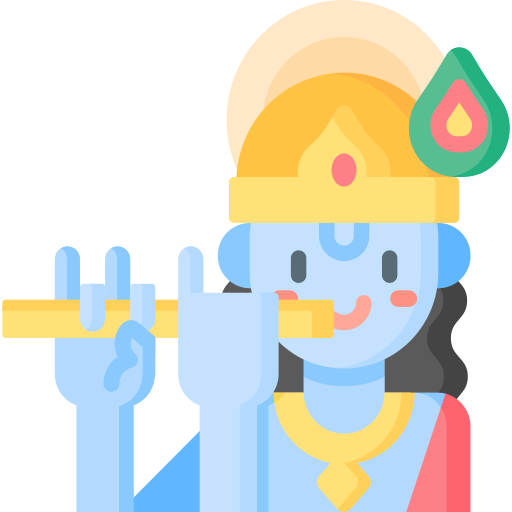
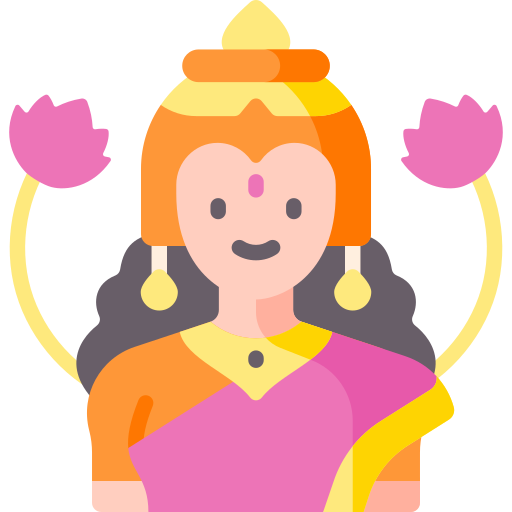




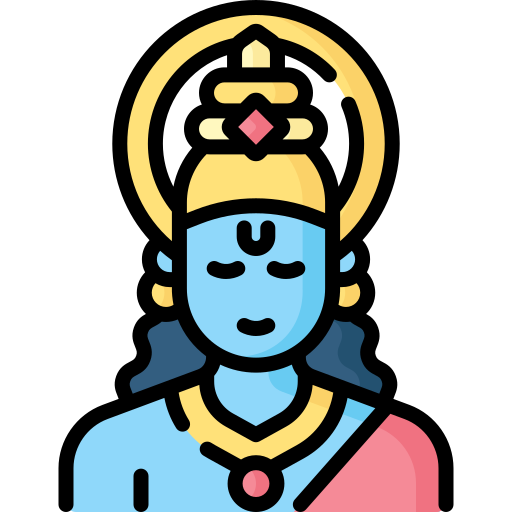




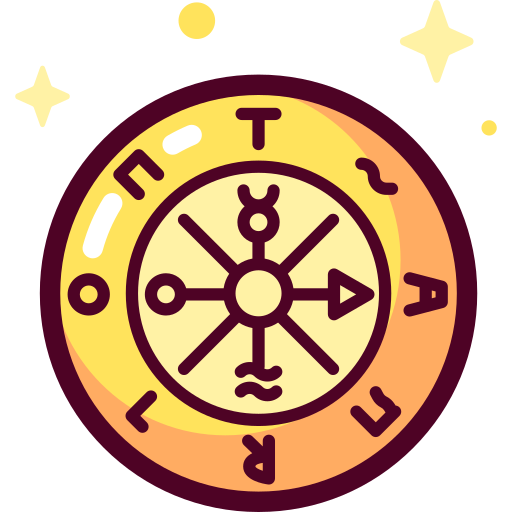




Ramnavami fasting food restrictions
Ramnavami is an auspicious Hindu festival that celebrates the birth of Lord Rama, one of the most revered deities in Hinduism. The festival is observed with great devotion and enthusiasm by millions of people around the world. Fasting on Ramnavami is a common practice followed by many devotees as a way to show reverence to Lord Rama and seek his blessings. During this sacred period of fasting, there are certain food restrictions that devotees are encouraged to follow in order to maintain purity and uphold the significance of the occasion.
Key Takeaways
Here are the key takeaways:
Ramnavami Fasting Food Restrictions
1.
Vegetarian Diet
During Ramnavami fasting, followers are required to strictly adhere to a vegetarian diet. This means abstaining from consuming any form of meat, fish, and eggs. The emphasis is on consuming sattvic foods that are considered pure and conducive to spiritual practices. 2.
No Garlic and Onions
Garlic and onions are believed to possess properties that induce lethargy and tamas (negative energy) in the body. Hence, these ingredients are avoided during Ramnavami fasting in order to maintain a state of purity and heightened spiritual awareness. 3.
Avoiding Grains
Some devotees choose to abstain from consuming grains like wheat, rice, and lentils during Ramnavami fasting. Instead, they opt for alternative grains like amaranth, buckwheat, and water chestnut flour to prepare dishes. 4.
Dairy Products
While dairy products are generally permitted during Ramnavami fasting, some followers choose to avoid certain dairy items like paneer (cottage cheese) and curd (yogurt). Ghee (clarified butter) is often used as a substitute in cooking. 5.
Limited Spices
During Ramnavami fasting, it is recommended to use minimal spices in food preparation. This is believed to help in maintaining purity, aiding digestion, and promoting a sense of lightness in the body. 6.
Sweets and Fruits
Devotees may consume sweets made from ingredients like rock sugar (misri), jaggery, and fruits like bananas, apples, and oranges as a part of their fasting diet. These items are considered pure and are believed to please the deities. 7.
Intermittent Fasting
Some followers choose to observe intermittent fasting during Ramnavami, consuming only one meal a day or consuming fruits and liquids throughout the day until the evening prayer and feast.
Ending the Blog
Ramnavami fasting holds great significance in Hindu culture, symbolizing devotion, purity, and spiritual awakening. By adhering to the food restrictions outlined during this sacred period, devotees can honor the traditions and teachings associated with the festival. Whether you choose to fast on Ramnavami or simply partake in the festive celebrations, may this auspicious occasion bring peace, prosperity, and blessings into your life. Remember to approach fasting with reverence, mindfulness, and gratitude for the opportunity to connect with the divine energy of Lord Rama. May your observance of Ramnavami fasting be filled with spiritual insights, self-reflection, and a deep sense of devotion.
Deep Insights (FAQ)
Q.Can I drink water during Ramnavami fasting?
Yes, water is allowed during Ramnavami fasting. Staying hydrated is important, especially when following any fasting regimen.
Q.Are nuts and dry fruits allowed during Ramnavami fasting?
Yes, nuts and dry fruits are permissible during Ramnavami fasting. They provide essential nutrients and are considered sattvic foods.
Q.Can I consume coffee or tea while fasting on Ramnavami?
It is advisable to avoid caffeine-containing beverages like coffee and tea during Ramnavami fasting. Opt for herbal teas or warm water instead.
Q.How long should I fast on Ramnavami?
The duration of fasting on Ramnavami may vary from person to person. Some may fast for a specific period, while others may choose to fast for the entire day until the evening prayers.
Q.Is it necessary to break the fast with specific foods after sunset?
While there are no strict rules on breaking the fast with specific foods, it is common for devotees to offer and consume fruits, sweets, and traditional dishes as part of the evening feast.
Q.Can children and elderly people observe Ramnavami fasting?
Fasting is a personal choice, and children and elderly individuals may choose to participate in Ramnavami fasting based on their health and capabilities. It is recommended to consult with a healthcare provider before embarking on a fasting regimen.
Q.Can I drink water during Ramnavami fasting?
Are nuts and dry fruits allowed during Ramnavami fasting?
Q.Can I consume coffee or tea while fasting on Ramnavami?
How long should I fast on Ramnavami?
Q.Is it necessary to break the fast with specific foods after sunset?
Can children and elderly people observe Ramnavami fasting?
